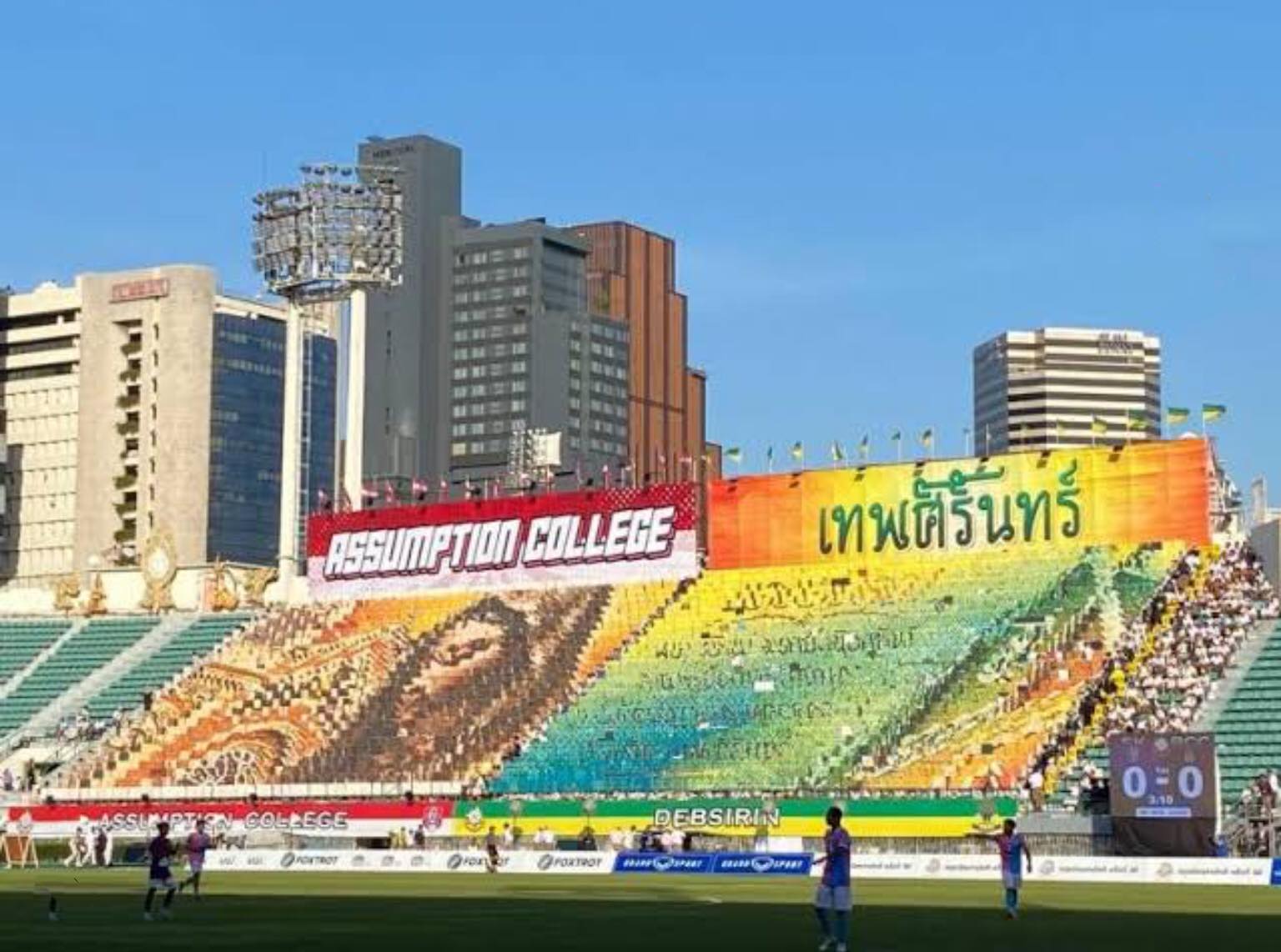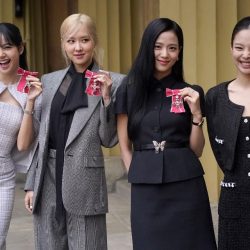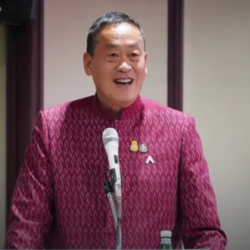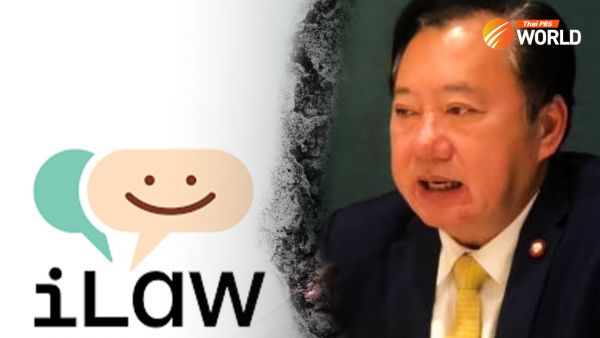Astroturfing: Is Thai public opinion being manipulated by a handful of protestors?

The latest battle between tradition and individualism being waged in Thai schools has introduced a new word to the Thai political lexicon: “astroturfing”.
The battle erupted recently over so-called card stunts performed by crowds at the biennial football tournament held by four of Bangkok’s oldest all-boys schools.
Card stunts – where crowds raise cards to form a single symbol or message – have been a celebrated feature of the prestigious Jaturamitr Samakkee tournament for decades.
However, this year protestors launched a campaign to ban the tradition, arguing that it causes suffering among school students who have to spend long hours under the hot sun performing the card stunts.
Banners and placards were posted at locations across Bangkok with the message “Stop forced card stunts”, which also became a hashtag on social media.
However, critics say the campaign was launched by a tiny group of political activists who are unhappy that many of the card stunts celebrate the Thai monarchy.
The campaign has also upset many students from the four schools – Suankularb Wittayalai, Debsirin, Assumption College, and Bangkok Christian College – as well as their parents and alumni, who have spoken up to defend this 60-year-old tradition.
Suankularb Wittayalai School was founded by King Chulalongkorn (Rama V) in 1882. Three years later, the monarch also founded Debsirin School, which was named after his mother Queen Debsirindra.
Assumption College, a Roman Catholic all-boys private school, was founded in 1885 by the Brothers of Christian Instruction of Saint Gabriel. Bangkok Christian College, one of Thailand’s oldest modern schools, was established in 1852 by American Presbyterian missionaries.
After being suspended during the pandemic, the biennial four-way football tournament returned to action from November 11 and 18.
Social activist and media personality Nuttaa “Bow” Mahattana claimed last week that “no more than 10 people” from the “Bad Students” activist group were involved in disseminating the protest posters in Bangkok, including at the tournament venue, Suphachalasai Stadium. She said the protest group was led by a female activist.
Political activist Somyot Prueksakasemsuk, a 62-year-old former Debsirin student, also reportedly took part in the protest campaign.
Nuttaa alleged that campaigners were attempting to create a perception that the protest reflected widespread public opinion. She said the English term for this practice is “astroturfing”.
What is astroturfing?
The Oxford Dictionary defines astroturfing as “the deceptive practice of presenting an orchestrated marketing or public relations campaign in the guise of unsolicited comments from members of the public”.
In political science, astroturfing is an attempt to give the false impression that a certain candidate or policy enjoys widespread grassroots backing, according to US history and government expert Robert Longley.
The term was coined in 1985 by US Senator Lloyd Bentsen of Texas.
“A fellow from Texas can tell the difference between grassroots and AstroTurf,” he said, referring skeptically to the “mountain of cards and letters” sent to his office demanding his support for a bill favoring the insurance industry.
AstroTurf is a brand of synthetic carpeting designed to mimic natural grass.
Tactic used widely
Political scientists note that astroturfing is widely used by businesses and politicians to create the illusion of widespread grassroots support for a cause, candidate, or policy. However, unlike genuine grassroots activism that tends to be money-poor but people-rich, astroturfing campaigns are typically people-poor but cash-rich.
In 1993, the National Smokers Alliance was formed in the United States to oppose the passage of anti-smoking legislation in the US Congress. Although the group presented itself as a grassroots organization of private citizens concerned for the rights of adult smokers, it was later exposed as a public relations unit created, funded, and operated by tobacco industry giant Philip Morris.
In 2016, the US intelligence community claimed to have found evidence that Russia was behind astroturfing that used fake social media identities to influence the presidential election in favor of Donald Trump.
The bandwagon effect
Astroturfing takes advantage of the bandwagon effect – a phenomenon that occurs when more people do something simply because they believe other people are doing it, Longley said in his article “What Is Astroturfing in Politics?” published in 2020. “The more people who ‘hop on the bandwagon’, the harder it is to stop it. Victims of astroturfing become so anxious to join the crowd riding the bandwagon, they may ignore or reject underlying evidence as well as their own beliefs,” he wrote.
And because people tend to adopt the opinions they believe to be held by the majority – the so-called herd instinct – astroturfing campaigns can become an obstacle to independent thinking, he added.
By Thai PBS World’s Political Desk






